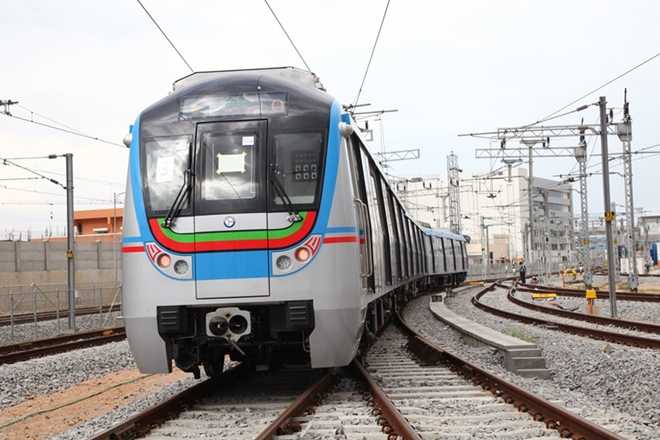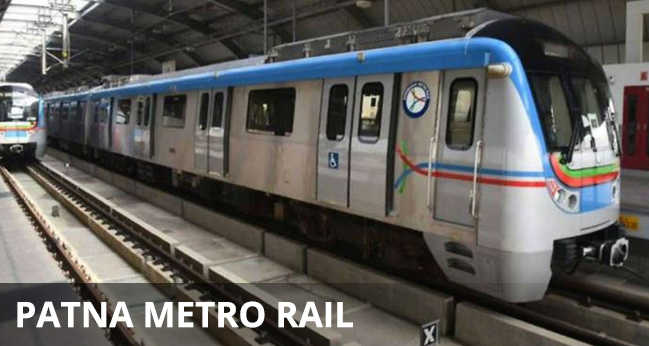Bidders for Large infra projects urged to lay emphasis on CSR
 Bidders for large infrastructure projects will now have to work on their social responsibility quotient. This comes in the wake of the government mulling over the idea to award large infrastructure projects like rail, road, power and port projects to those bidders who have displayed their commitment to social development measures.
Bidders for large infrastructure projects will now have to work on their social responsibility quotient. This comes in the wake of the government mulling over the idea to award large infrastructure projects like rail, road, power and port projects to those bidders who have displayed their commitment to social development measures.
This plan, pending approval, will be implemented by the Ministry of Rural Development under a scheme called PURA (Provision of Urban Amenities in Rural Areas). This scheme involves the development of areas in and around centers of growth potential in a gram panchayat or a group of panchayats. It would be implemented through the public-private partnership (PPP) model.
As per this plan, the bidding company for any major infrastructure project that is worth Rs. 100 crore or more should agree in principle to spent 1% of the procured contract value on social development activities. These include development in areas like education, health, sanitation etc. By directly investing in social development activities, bidding firms will be required to acquire Community Development Certificates (CDCs). These certificates are also available in the market where their trading is done. This plan has evinced a positive response from infra companies and is likely to be implemented with necessary modifications.
According to the new Companies Bill, it becomes mandatory for companies to spent atleast 2% of their average annual profit on Corporate Social Responsibility (CSR) activities. This includes the amount that companies spent on social development by way of procurement of government contracts. However, it was seen that less that half the amount mandated by the Companies Bill was spent by the top 10 Indian companies among the Fortune 500 companies. Contrary to the amount of Rs. 1,470 crores that was required to be spent under the Companies Bill, the top 10 Indian companies spent just Rs.690 crores on their CSR activities.
The new proposal by the government will enable companies to indulge in their CSR activities in a transparent manner. Moreover, CDCs will provide a means for companies to engage in social development activities in a transparent and accountable manner, keeping in mind the shareholder. The PURA 2 scheme, which the government has already implemented consists of a panel of independant engineers. Their responsibility is to monitor, inspect and review the various social development activities that a company has engaged in on an ongoing basis. The term of a panel is 4 years, which can be extended by another 4 years. This plan would be implemented after the panel discusses and deliberates on it thoroughly.
It has been suggested that CDCs be issued afresh after every 3 years. This will prevent them from being merely a tradable instrument. This will require the support of governments of various states as well so as to enlist the issues concerning villages and how they can be worked upon. Besides, the assistance of independant auditors will be required so as to keep track of various social development activities being undertaken by companies in the private sector.
Even though there are conflicting views as to the feasibility of this plan, it is generally felt that it will curtail government expenditure in social development projects to a large extend. With the government spending nearly 7% of its annual GDP on the social sector, this move will lend a helping hand to it and pave the way to further social development in rural areas.







